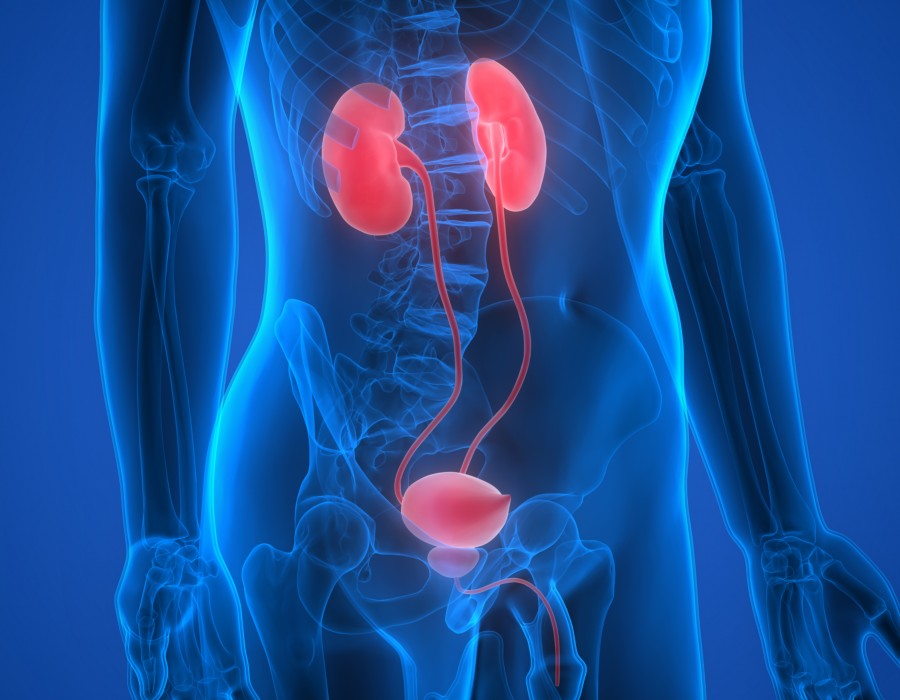A urologist is a medical doctor who specializes in male and female urinary tract anatomy, function, and pathophysiology. The male reproductive system is often involved in this specialty and trained professionals are able to diagnose and treat patients with these types of disorders. Organ systems treated by urologists include the adrenal glands, kidneys, ureters, bladder, urethra, testes, epididymis, vas deferens, seminal vesicles, prostate, and penis. Urologists work closely with doctors specializing in endocrinology, gastroenterology, gynecology, nephrology, oncology, and pediatric surgery.
Diseases and disorders treated by urologists include urinary tract infections, benign prostatic hyperplasia, cancer, precancerous lesions, congenital abnormalities, stress incontinence, reproductive system disorders, and many other surgical and non-surgical problems. Best Urologist in Jaipur
Urinary tract infection is caused by bacterial infection at any point in the urinary tract. Common symptoms include burning, increased need to void, urgency, pain during urination, or cloudy, discolored urine. The most common cause of infection is E. coli. Any level of bacteria in the urine is considered abnormal, although usually only high levels are treated. The most common type of urinary tract infection is acute bladder cystitis. If the infection goes up into the kidney, it becomes much more serious and is known as pyelonephritis. However, most urinary tract infections are relatively harmless and easily treated with a short course of antibiotics prescribed through a family medicine doctor or urologist.
Benign prostatic hyperplasia is an increase in the size of the prostate gland and is common in almost all men as they age. Symptoms that indicate treatment may be needed include hesitancy during urination, urgency, inability to void, family history of prostate cancer, painful urination, or an increased incidence of urinary tract infections. A urologist may test prostate specific antigen levels when diagnosing or following benign prostatic hyperplasia course and prognosis. Treatment may involve something as simple as lifestyle changes or a more invasive transurethral prostate resection. Laparoscopy Surgeries in Jaipur
Urologists also diagnose and treat various forms of incontinence. Stress incontinence is the inability to hold urine in the bladder due to weakness of the muscles that support the pelvic floor. Urine leakage often occurs when coughing, sneezing or laughing. If the pelvic floor is unable to support the increase in intra-abdominal pressure, the urethra may be displaced downward and allow urine to pass through. The most common type of stress incontinence in women is caused by physiological changes during pregnancy and childbirth. Men often suffer from stress incontinence after radical or conservative prostatectomy surgery to treat benign prostatic hyperplasia or prostate cancer. Treatment ranges from minimally invasive weight loss and pelvic floor exercises to more extensive pessary or sling implantation and urethropexy surgery. A urologist may also prescribe alpha-1 adrenergic receptor blocker medication to help tighten the muscles at the neck of the bladder and urethra.





Comments